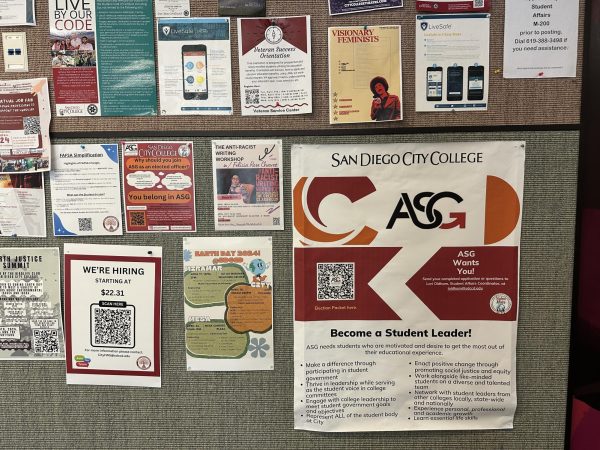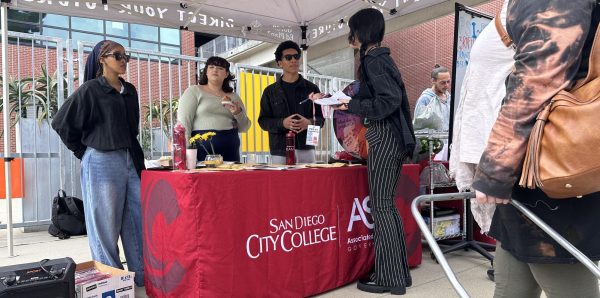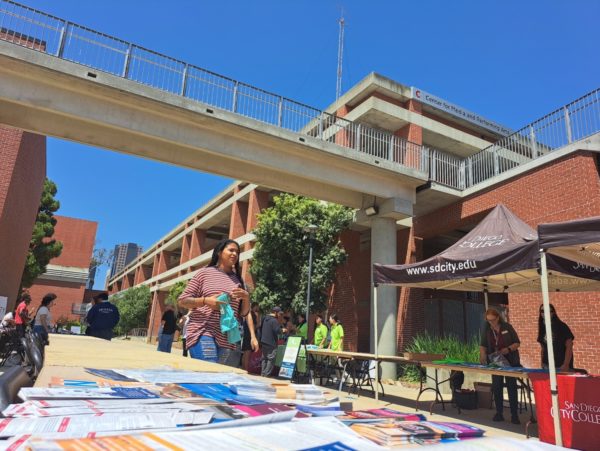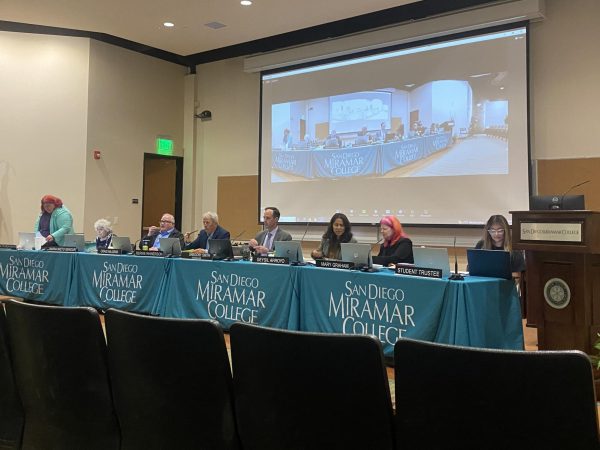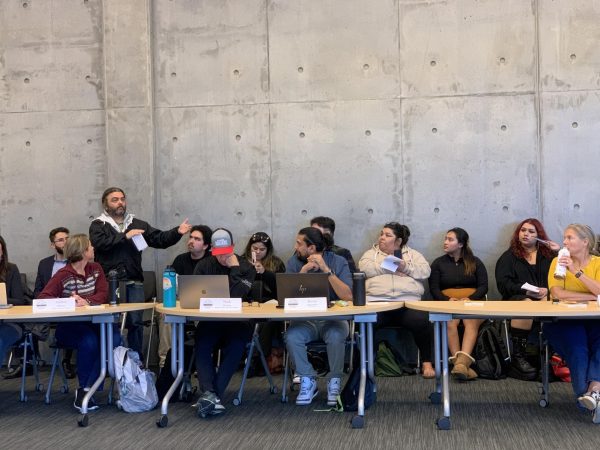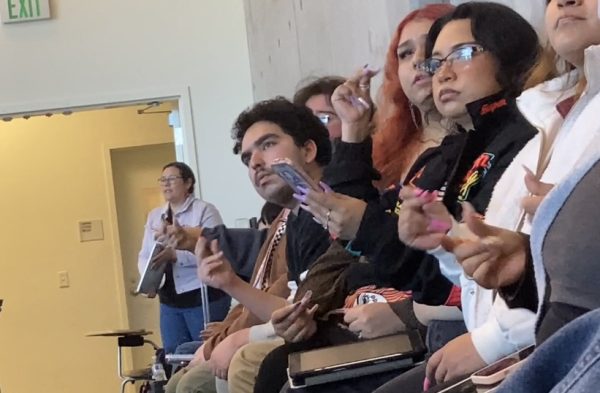Health Services tracks Ebola concerns
November 18, 2014
Student Health Services at San Diego City College is being proactive in preparing for anyone presenting symptoms of the Ebola virus.
“We do have a protocol that we’ve instituted in the clinic and for working with the campus. Identifying a possible patient and medically working with that patient to assist for the best outcome. We would call San Diego Public Health and await directions from them as to which hospital to transfer them to,” said Dotti Cordell, a registered nurse and director of Student Health Services.
According to a press release, “The Governor joined officials from the California Health and Human Services Agency, California Department of Public Health, Department of Industrial Relations and the Division of Occupational Safety and Health to meet with California hospital leaders and nurses.”
According to the Center for Disease Control’s website, Guinea, Liberia and Sierra Leone have been identified as countries with “widespread transmission.”
From the governor’s press release, “Since the EVD outbreak began in Guinea, Liberia and Sierra Leone, CDPH (California Department of Public Health) has worked with state, federal and local health officials to prepare for potential cases of EVD in California.”
For San Diego, the risk of transmission is low, according to Cordell, and Student Health Services has a strict protocol handed down from San Diego Public Health.
“We would call San Diego Public Health and await directions from them as to which hospital to transfer them to. They would send out a response team to assist us in getting the patient for appropriate care. So our job would be to identify, isolate and transfer that patient,” Cordell said.
Cordell said the main symptom that Student Health Services would look at is a fever above 100.4 degrees, but questions would be posed: did the person bearing the fever travel from or have a visitor from one of the affected countries? The Ebola virus itself is not airborne and transmission is through contact with an affected individual’s bodily secretions such as blood, vomit and saliva.
The site for the CDC also warns that the Ebola virus can be transmitted by needles or other sharp objects used on individuals ill with the virus.
“The protocol is evolving as the situation is, meaning everything we were getting new information, you can tell from listening to the news, we get new information from the CDC each night, each day, things change, things get refined,” Cordell explained. “So our protocol is changing as new information is being learned. It’s not a static thing, we’re trying to remain on top of all the information to best serve our students and to best maintain calm.”
City College’s Student Health Services, located in A-116, is a resource for education and services to all registered students at City College, regardless of full- or part-time status as a student.
Cordell also said that Student Health Services does offer health insurance, laboratory work or medicines. However, it will write prescriptions and refer students to get laboratory services at near cost.
For more information about the ebola virus, visit www.cdc.gov/vhf/ebola/index.html.


